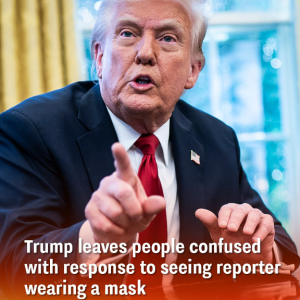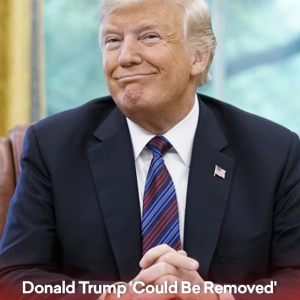In a bold and divisive move, former President Donald Trump signed multiple executive orders on Thursday, including one granting clemency to pro-life activists who were imprisoned during President Biden’s tenure. The decision highlights Trump’s ongoing commitment to addressing what he and his supporters consider “politically motivated” prosecutions. The move has sparked intense debate, with backers praising it as a fulfillment of campaign promises, while critics argue it represents a controversial use of presidential authority.
Trump’s clemency aligns with his broader effort to advocate for individuals he believes were unfairly prosecuted due to their political or ideological beliefs. This action is part of his larger agenda to uphold free speech and religious liberties—issues he frequently championed during his presidency and subsequent campaigns.
Democratic leaders and civil rights groups have strongly opposed the decision, warning that it sets a troubling precedent by mixing justice with political interests. They argue that such clemency could weaken the rule of law and encourage defiance of legal boundaries with expectations of political protection.
Supporters, however, see the move as a necessary correction of perceived judicial overreach. Many pro-life advocates claim the activists were unjustly targeted for peacefully protesting abortion, and they view Trump’s intervention as a step toward restoring fairness in the legal system.





